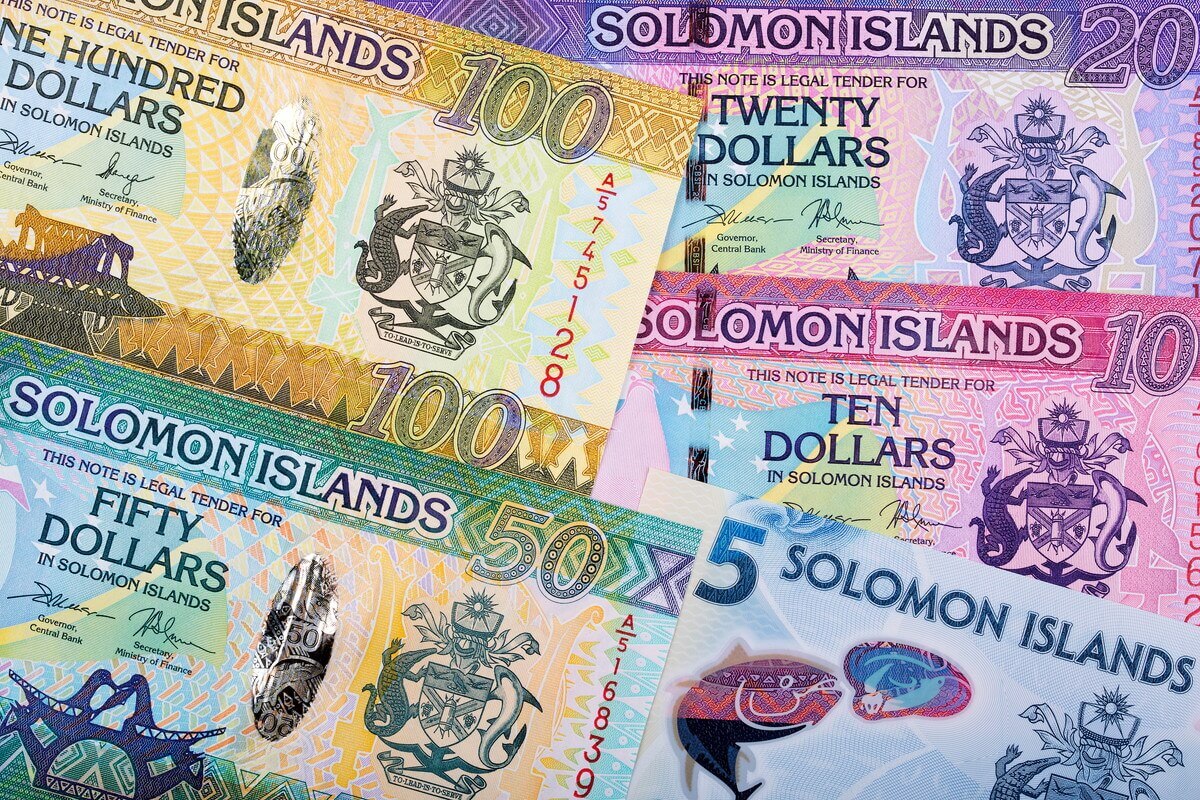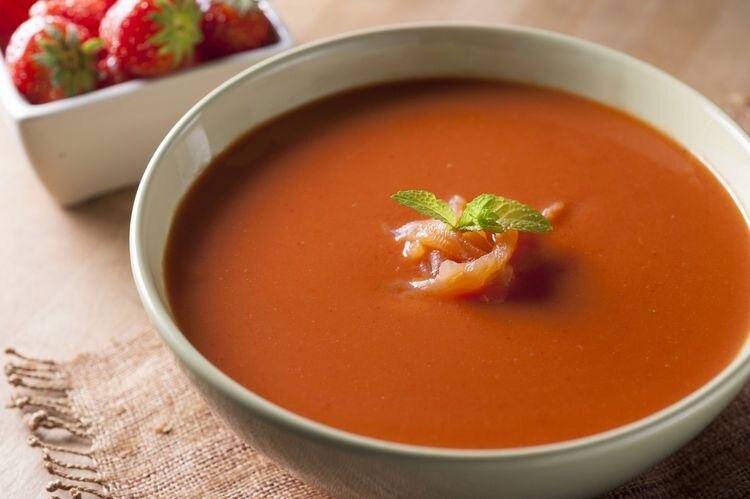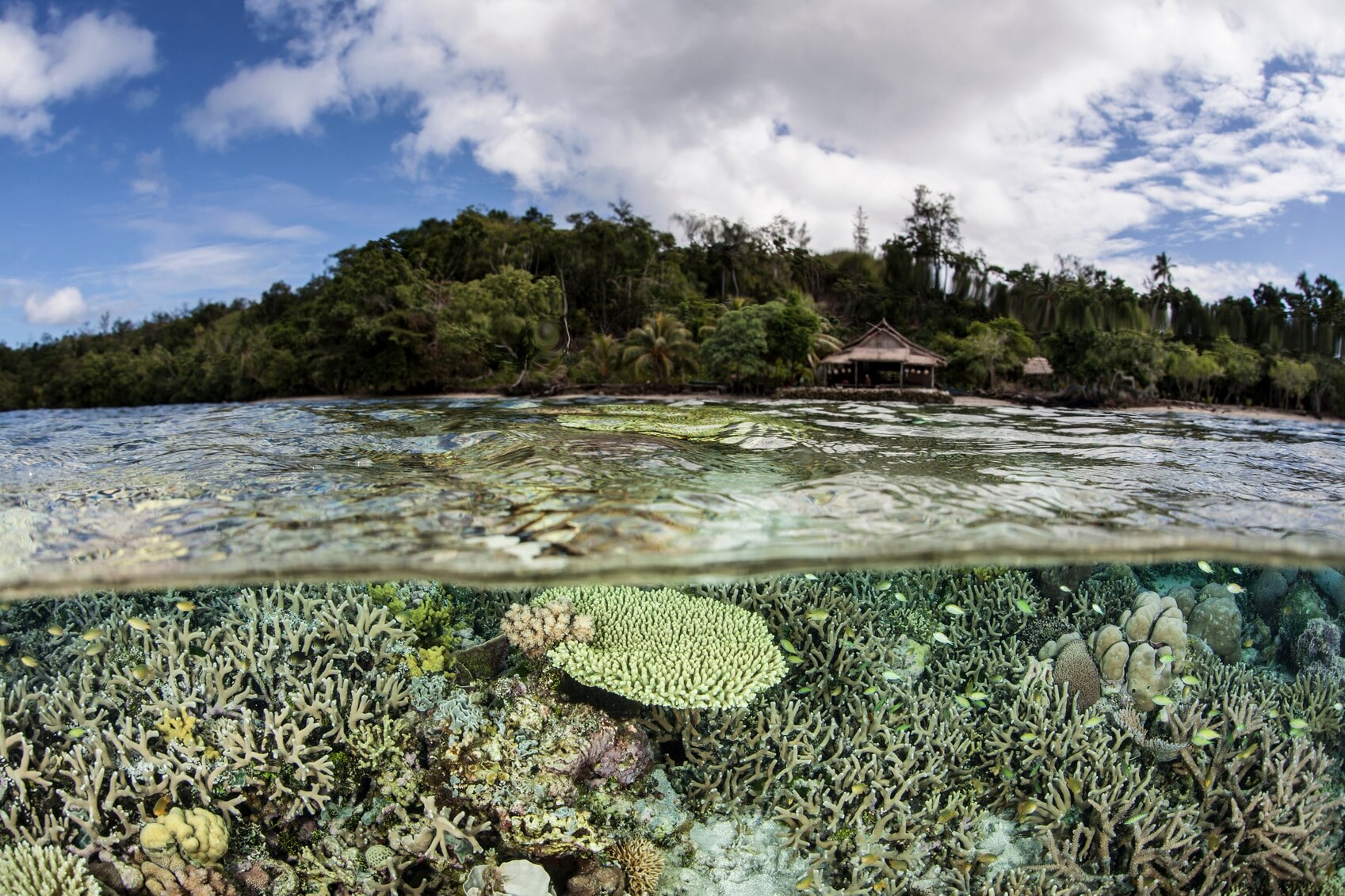Solomon Islands Travel Tips and Information
Official Name
----
Capital
Honiara
Population
Country Code
Approximately 810,000
SB
Country Code (international calls)
+677
The flight time to Solomon Islands is approximately ---- hours. Check the climate, currency, religion, manners, other information of Solomon Islands below. Wishing you pleasant travels to Solomon Islands.
The Solomon Islands is an island nation in the South Pacific that shares a border with Papua New Guinea. Other neighboring countries include Nauru, Tuvalu, Fiji, and Vanuatu. It is a member of the Commonwealth of Nations and one of the Commonwealth Realms.
Local Climate / Weather
The Solomon Islands has a tropical climate with warm temperatures year-round, ranging from around 25 to 32 degrees Celsius (77 to 90 degrees Fahrenheit). The islands experience high humidity, with the climate marked by two main seasons: the dry season and the wet season. The dry season, from May to October, brings milder temperatures, lower humidity, and less rainfall, making it an ideal period for travel. In contrast, the wet season, running from November to April, brings heavier rainfall, higher humidity, and the possibility of cyclones. Travelers should consider visiting during the dry season for the most comfortable weather, although the lush landscapes and vibrant natural beauty can be appreciated year-round. For those planning a trip to the Solomon Islands, seasonal travel advice includes preparing for occasional rain showers even during the dry season, as the islands’ tropical climate can bring unpredictable rainfall. In the wet season, travelers should be ready for sudden downpours and possible delays in outdoor activities, as well as the occasional disruption in travel schedules due to weather conditions. Despite this, the wet season can be a good time to explore the quieter, less-crowded side of the islands, as fewer tourists travel during this period. Rain brings even more vibrant greenery, and the island waters are often even more teeming with marine life, ideal for diving enthusiasts. The Solomon Islands also hosts several major events and festivals that highlight its rich cultural heritage and unique traditions. The Pacific Arts Festival, held every four years, is a major cultural event where the Solomon Islands come alive with music, dance, art, and performances from across the Pacific. The Shell Money Festival in Malaita is another culturally significant event, celebrating the islands’ traditional currency made from shells. In October, the Laguna Festival in Honiara brings together performances, exhibitions, and local cuisine for visitors to experience the vibrant culture of the islands. These festivals offer unique glimpses into the Solomon Islands’ way of life, making them an ideal time to visit for travelers interested in local traditions and community celebrations.
Currency & Tipping
Currency
The currency of the Solomon Islands is the Solomon Islands dollar (SBD). Banknotes are available in denominations of 5, 10, 20, 40, and 100 dollars, while coins are issued in smaller denominations, including 10, 20, 50 cents, and 1 and 2 dollar coins. Cash is widely used, especially outside urban areas, so it’s helpful for travelers to carry smaller bills and coins for everyday purchases. When it comes to currency exchange, travelers should note that the best rates are usually found at major banks and currency exchange offices in Honiara, the capital. It is advisable to exchange money in the city, as options are limited in smaller towns and rural areas. Credit cards are generally accepted in larger hotels and some restaurants, but cash is still preferred in most local establishments, especially in more remote areas.
Tipping
Tipping is not a widespread practice in the Solomon Islands, and it is not expected by service providers, as the local culture is more community-focused. However, a small tip is appreciated in more tourist-oriented areas, especially if you receive exceptional service. For travelers accustomed to tipping, it’s fine to leave a small gratuity if desired, but it’s not necessary and won’t be expected in most places.
Useful Travel Information

Voltage & Electrical Outlets
The standard voltage is 230 volts, with outlets using Type I plugs, similar to those in Australia and New Zealand. Travelers should bring an adapter if their devices use different plug types or check if their electronics are compatible with the higher voltage may have different plug types.

Internet Connectivity
Internet access in the Solomon Islands is limited, especially in rural or remote areas, and even in Honiara, connectivity can be slower compared to what travelers may be used to. While some hotels and cafes offer Wi-Fi, it may come with additional fees or data limitations. For reliable access, consider purchasing a local SIM card for mobile data, although be aware that coverage is better in urban areas than on the smaller islands.
Water for Consumption (Drinking Water)
Tap water in the Solomon Islands is not generally safe for drinking, so it’s advisable to rely on bottled or boiled water. Most hotels and accommodations provide filtered or bottled water for guests. Travelers should also consider bringing water purification tablets or portable filters if they plan to venture into rural areas where bottled water may be harder to find.
Culture, Religion & Social Etiquette
Culture
The culture and traditions of the Solomon Islands are rich and diverse, with over 70 languages spoken and a vibrant mix of customs reflecting the islands’ Melanesian heritage. Traditional music, dance, and storytelling are central to island life, and visitors can witness these expressions at local festivals and village gatherings. Travelers will appreciate the Solomon Islanders’ warm hospitality making it easy to feel at home.
Religion
Religion plays an important role in the daily life of the Solomon Islanders, with Christianity being the predominant faith. Most of the population belongs to various Christian denominations, such as Anglican, Roman Catholic, and other Protestant groups. Respect for religious practices is important, so visitors should be mindful of Sunday closures and local customs during religious events.
Social Etiquette
Manners in the Solomon Islands emphasize respect and community, where people value humility and friendliness. When visiting villages, it’s customary to seek permission from local leaders, especially if taking photographs, as a sign of respect. Travelers, familiar with the importance of respect in community settings, will find the local customs easy to follow and appreciate the similar sense of family and community in the Solomon Islands’ way of life.
Food Culture
The food culture of the Solomon Islands is a unique blend of fresh, local ingredients, tropical flavors, and traditional Melanesian influences that travelers will enjoy exploring. Solomon Islands cuisine features an abundance of seafood, coconut, taro, and tropical fruits, with popular dishes like "poi" (fermented taro), "ulu" (breadfruit), and "palusami" (taro leaves in coconut milk). Street food stalls offer local favorites, such as grilled fish, fresh coconuts, and cassava-based snacks, giving visitors a taste of everyday island flavors. For a sit-down experience, recommended restaurants in Honiara, such as the Leaf Haus Café and Breakwater Café, serve authentic dishes made from locally sourced ingredients, offering travelers a genuine taste of Solomon Islands cuisine in a warm, inviting setting.
Major Tourist Attractions & UNESCO World Heritage Sites
Major Tourist Attractions
The Solomon Islands offers an array of major tourist destinations that capture the natural beauty and rich history of this South Pacific paradise. Visitors looking for stunning beach escapes will enjoy Mbonege Beach, known for its clear waters, perfect for swimming, snorkeling, and viewing fascinating WWII shipwrecks beneath the waves. For adventure seekers, Marovo Lagoon, one of the largest saltwater lagoons in the world, is an ideal destination for kayaking, diving, and spotting diverse marine life. Another must-see is the bustling Honiara Central Market, where visitors can explore local crafts, fresh produce, and immerse themselves in the vibrant island culture. These top attractions allow travelers to experience the best of the Solomon Islands, from its pristine waters to its bustling local scene.
UNESCO World Heritage Sites
Among the Solomon Islands’ treasures are world heritage sites that offer a glimpse into the country’s unique cultural and natural heritage. A notable site is East Rennell, the largest raised coral atoll in the world, and a UNESCO World Heritage Site, known for its untouched rainforests, endemic species, and the immense Lake Tegano. This pristine area provides an unforgettable eco-tourism experience for those interested in hiking, bird-watching, and discovering rare flora and fauna. WWII history buffs can also explore Guadalcanal’s historical sites, including memorials and relics from one of the Pacific’s most famous battles, offering insight into the pivotal role the Solomon Islands played during the war. These world heritage sites allow travelers to connect with the island’s natural wonders and significant history, making their trip both educational and memorable.
Travel FAQs
What is the safety situation in Solomon Islands like? What should we be careful of?
The Solomon Islands is generally safe for travelers, but visitors should exercise increased caution due to occasional civil unrest, particularly in Honiara, and be vigilant against petty crimes like theft and burglary.
What is the best season to visit the Solomon Islands?
The best time to go is the dry season, from April to November.
Can I bring my own diving equipment?
Regulations regarding the handling of sporting equipment vary by airline, so please contact the airline you are using.
Do I have to be at the airport two hours before?
Many airlines open airport check-in counters 3 hours before departure. If you check in close to the departure time, the counters may close or you may not be able to make it in time for boarding due to congestion. For this reason, we recommend checking in 2 hours before departure.




